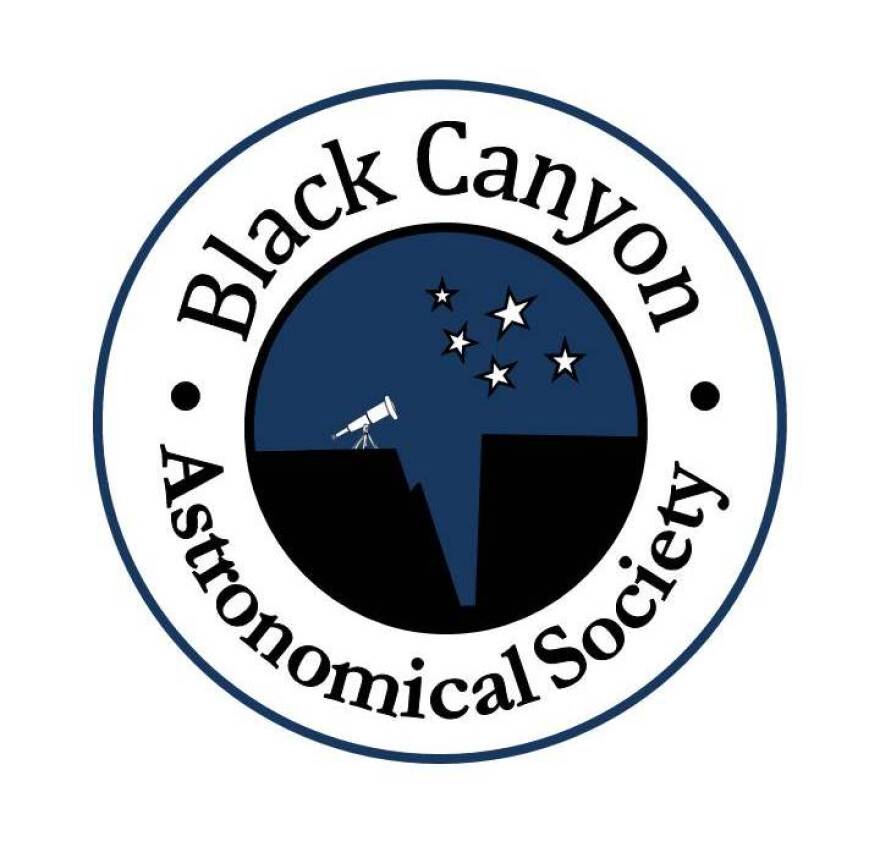Mercury will transit the Sun on November 11. A planetary transit happens when either Mercury or Venus appears to pass in front of the Sun as seen from Earth.
Mercury and Venus are the only planets that can do this, because they are the only planets that orbit the Sun inside Earth’s orbit.
It seems like there’ve been a lot of planetary transits in recent years. Venus transited the Sun in years 2004 and 2012, and Mercury did it in 2003, 2006, and 2016. So, transits must be common, right? Well, no – they’re actually pretty rare! After the up-coming, November 11 transit of Mercury, another one won’t happen until 2032. And, the next one visible from Colorado won’t be until 2049! Another solar transit of Venus won’t occur until year 2117!
You’ll need a telescope with a safe solar filter to view the Mercury transit on November 11. The action, starting at 5:35 a.m. MST, will be in progress before the sun rises on the Western Slope at about 6:55. Moving from east to west, the tiny disk of Mercury will be halfway across the larger solar disk by 8:20 a.m. The Sun will be relatively high in sky before the transit ends at 11:04 a.m.
Planetary transits are interesting phenomena. But in earlier times, they were huge events for astronomers. Solar transits of Venus were used to determine the scale of the solar system in the 18th and 19th centuries. In the 19th and early 20th centuries astronomers continuously monitored the Sun, hoping to see a transit by a planet inside Mercury’s orbit. Due to unexplained changes in the position of Mercury, such a planet was predicted to exist. It was even given the name, Vulcan. However, decades of searching for Vulcan proved fruitless. And, by 1916, Einstein’s General Theory of Relativity had fully explained those changes in Mercury’s orbit. But now, transits have renewed importance. Astronomers have been using transits on other stars to discover exo-planets by the thousands.
If you’d like to see a planetary transit soon – your chance is on November 11!

Western Slope Skies is produced by the Black Canyon Astronomical Society. This episode was written and recorded by Art Trevena.


